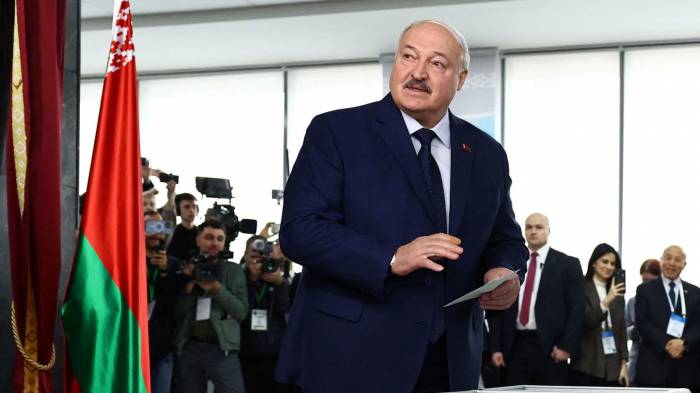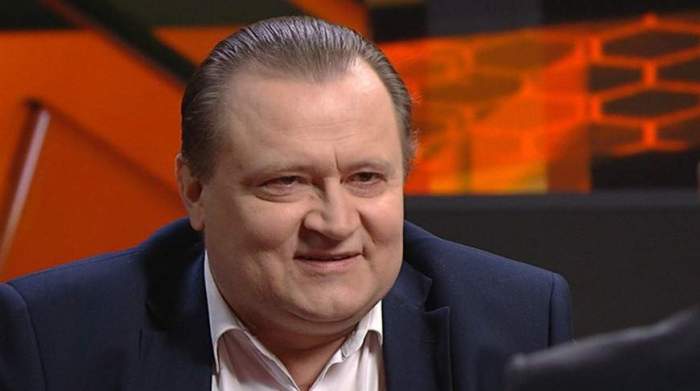
Belarusian President Alexander Lukashenko casts his ballot at a polling station in Minsk, Belarus, on Sunday. Evgenia Novozhenina/Reuters
On January 26, 2025, Belarus held its presidential elections, with Alexander Lukashenko winning decisively. The elections, marked by a calm atmosphere and a lack of significant incidents, were reminiscent of past votes in the country.
In an exclusive interview with News.Az, Yuri Shevtsov—a Belarusian scholar specializing in international relations, historian, political scientist, and member of the expert group at the Eurasian Economic Commission—remarked on the striking parallels between these elections and those of 2015.

“Back then, the shock of the Ukrainian war united Belarusian society around Lukashenko, who was perceived as a stabilizing figure, ensuring Belarus’s neutrality and preserving internal order,” Shevtsov noted. “Yesterday, we saw a similar display of unity. The fears of unrest and excesses, which some anticipated and which the security forces prepared for, did not materialize.”
Addressing the broader geopolitical context, Shevtsov offered a pragmatic explanation for the election’s uneventful nature. “Why wasn’t there a wave of terrorism or an incursion from the Belarusian armed opposition based in Poland and Ukraine? The answer lies in grand geopolitics. Neither Ukraine nor Poland has a vested interest in escalating tensions with Belarus. Russian tactical nuclear weapons stationed in Belarus act as a powerful deterrent. For these countries, a conflict with Belarus is simply not a priority—they fear the risks involved.”
Shevtsov was equally direct about the absence of significant reforms on the horizon.
“The people have voted to preserve the status quo rather than to embrace major changes. As such, we are unlikely to see substantial reforms. Stability remains the dominant expectation,” he explained.
The political scientist also touched on potential developments within Belarus’s political landscape. “It’s inevitable that political differentiation will emerge. Such homogeneity among political actors cannot persist indefinitely. However, the hope is that this does not devolve into a repetition of 2020 or something even deeper. Ultimately, the most notable outcome of these elections is precisely that nothing extraordinary happened,” Shevtsov concluded.
Lukashenko’s victory solidifies his hold on Belarus’s political landscape, further entrenching the country in its current trajectory of stability and limited reform. However, with underlying geopolitical tensions and internal dynamics at play, the long-term outlook remains an open question.